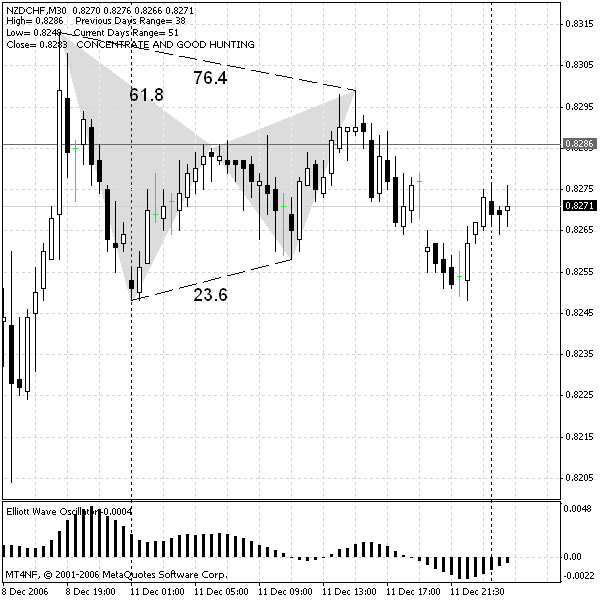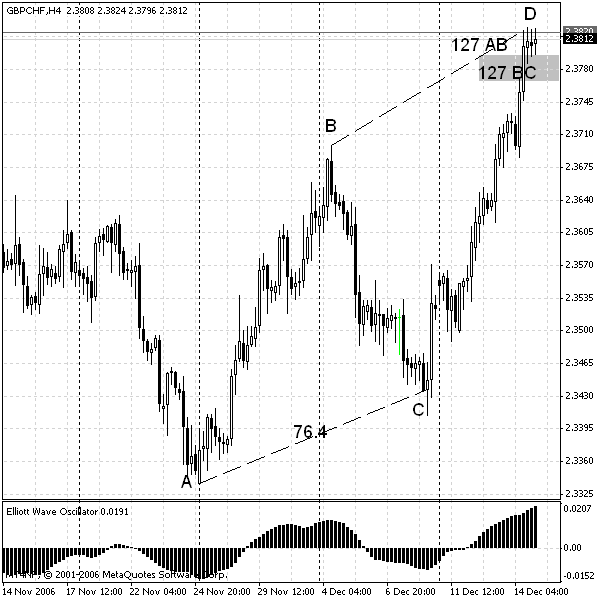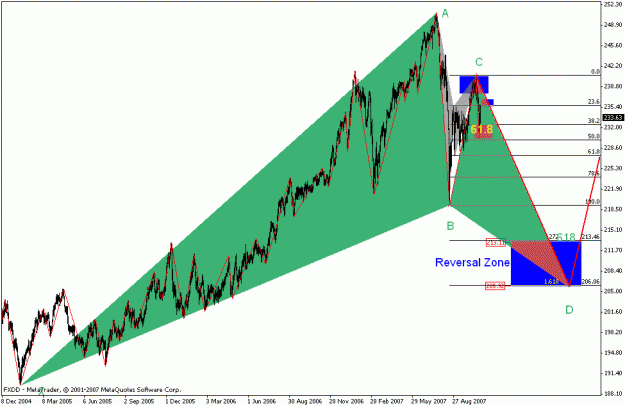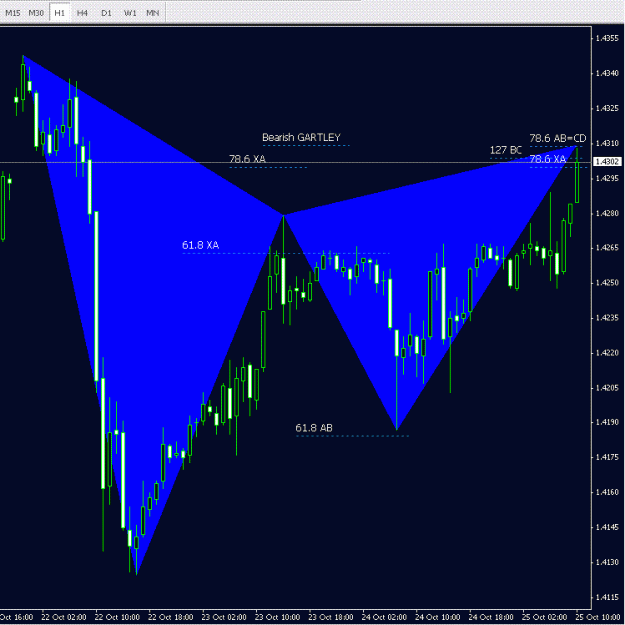I surmise that people program computers and mechanical systems in computers indicate to people when to place a trade. The question is then as you mentioned .... that rigid protocols not human emotions drive the market.. Is This True? If so what does that mean for our trading?
This will be an interesting discussion. We need to hear from someone who has trading room experience.
Lou
Quoting itmeDislikedI don't really know who or what trades. I know that between $1 trillion and $3 trillion regularly changes hands daily. I've heard that there are $550 trillion dollars tied up in Forex positions. I've heard that over 95% of Forex positions are taken as speculative investments, rather than real currency exchange to facilitate international commerce or non-Forex investment transactions. I've heard that the value of over 97% of Forex transactions are undertaken by large institutions.
I surmise that institutions employ rigorous models to trade, that many or most trades are initiated by computers, and that those computers are programmed by mathematicians, institutionally trained traders and macro-economists. I surmise that the behavior of the Forex market is essentially or precisely the collective behavior of about 1.5 million computers and teams of people following inflexible protocols that have been developed and approved by committees. The theories that underlie the protocols and programs are the theories that are prevalent in universities and banking courses - efficient market hypothesis, macro-economics, etc.
I theorise that fear and greed are insignificant factors in Forex behavior - but instead the Forex is the collective behavior of 1.5 million programmed computers and disciplined trading rooms.
My observations of the Forex market, in terms of the precision predictibility of most if not all of its movements, when the generalised principles of the system have been isolated, can be best be explained by the hypothesis that rigid protocols, not human emotions, drive the Forex market.Ignored
Lou




